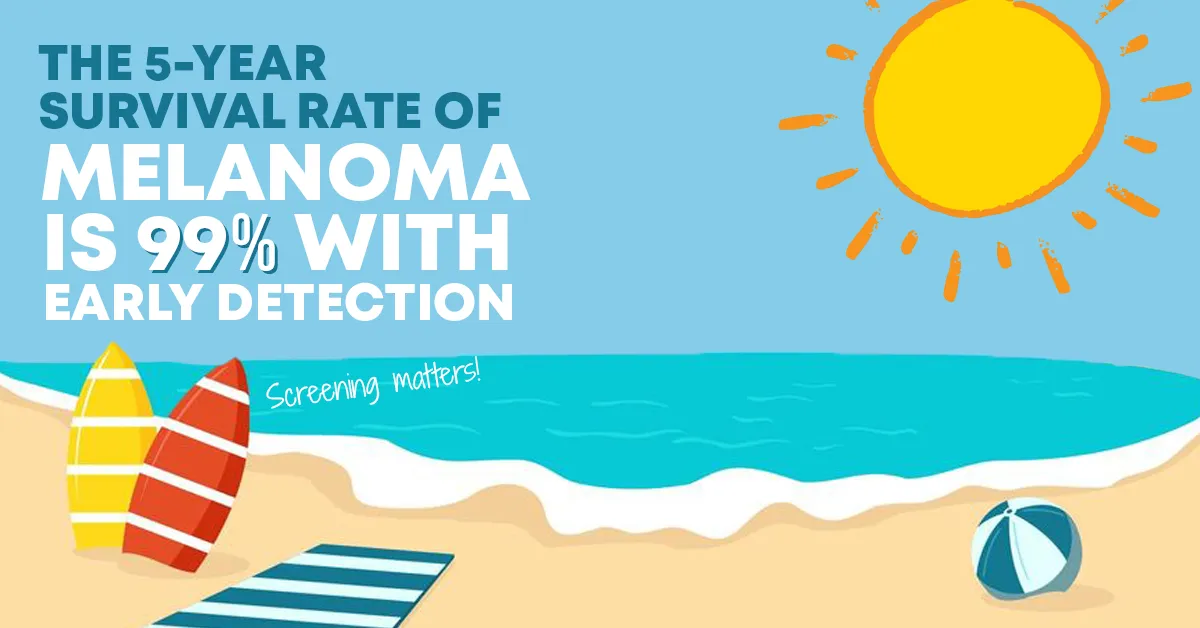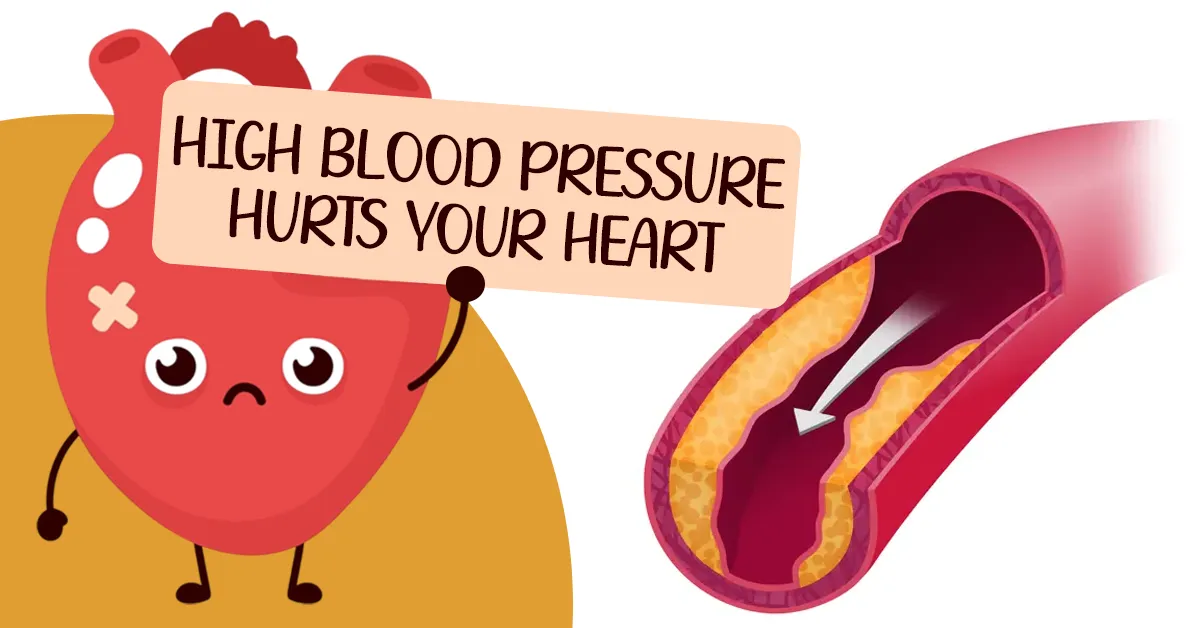Local & Family-Owned Clinic
Williams Integracare has been serving central Minnesota families since 1981. We offer a full range of family practice, chiropractic, and physical therapy care.
As an independently owned clinic, we are committed to providing the personalized experience of a small business with the top quality care of a larger clinic.

Latest Posts
Integracare’s “Weight Wellness Journey” Program Expands its Offerings
Christi Alvord, APRN, CNP and Christine Brown have expanded Integracare’s Weight Wellness Journey program with new options for patients.
Check it Out: Skin Cancer Screening Can Save Your Life
Each day, an average of 9,500 people in the U.S. are diagnosed with skin cancer. It is the most common form of cancer in the United States, according to the American Academy of Dermatology Association.
How High Blood Pressure Hurts Your Heart
Hypertension, better known as high blood pressure, results from the pressure in blood vessels being too high. Generally speaking, normal blood pressure is below 120/80.
MONTHLY EMAIL NEWSLETTER
Enter your email below to receive monthly updates from Integracare!


















